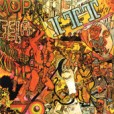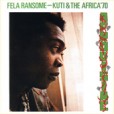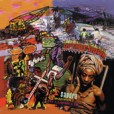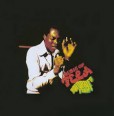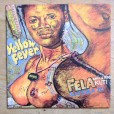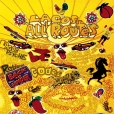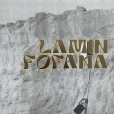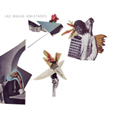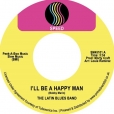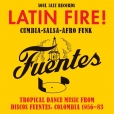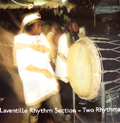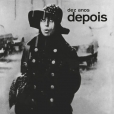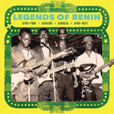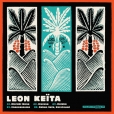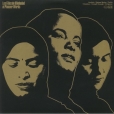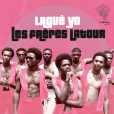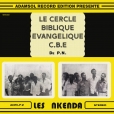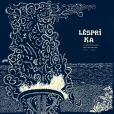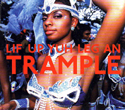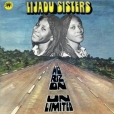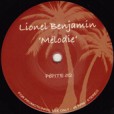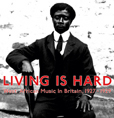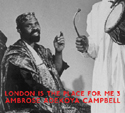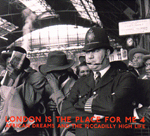Your basket is empty

Scorcher!
The double LP is an anniversary edition, with extras, and new artwork.
‘*****’, The Independent; ‘captivating… Q Recommends’; ‘there is no end of exhilarating music on this beguiling album’, The Sunday Times; ‘full of heartstopping musical twists and turns’, The Beat.
Epic, grooving, extravagantly creative, perfectly attuned blends of complex mbalax drumming, field recordings, thumping kick-drum, and cosmic, bubbling, jamming synths and electronics.
The opening is suitably liminal, haunted by a diachronic sense of times past, present, and to come: ancestral ghosts, scratched playback, scraps of old recordings, voices strangulated or just out of range; puttering drums; futuristic, kosmische keys. Part II picks up the pace; III gives the drummers some, and heightens the atmosphere of enchantment. Jon Hassell’s Fourth World music courses through a kind of Dream Theory In Dakar.
Toco SOS, the second side, is a thumping, throbbing, mesmeric future-classic; perfect for fahr’n fahr’n fahr’n on the Autobahn… in a spacecraft. Expert hand percussion, call-and-response singing, bin-trembling foot-drum, spaceways keys. Sleekly funky as prime Popol Vuh.
Both sides range expansively by way of Berlin, where Lamin resided for a few years: you can hear something of T++’s brilliant, landmark HJ record on the A, and elements of Mark Ernestus’ crucial Ndagga project, on the B.
Half an hour of stunning music; in a beautiful sleeve, with mirror lettering, and an intricate spot-gloss rendition of salt crystals, laid over a photograph of the salt mines at Lac Rose, outside Dakar.
‘The bad influences’, from Bogota, with their third album for us: twenty-eight gorgeous variations of saudade, in a warmly acoustic, post-punk take on Tropicalismo — impromptu, snapshot and sublime.
Thirteen and twenty-two minute slices of carnival thunder and lightning from the hill above Port Of Spain in Trinidad. Lengths of steel, assorted bits of metal, African drums. An Honest Jon’s recording.
Balmily sublime bossa nova from 1971, when Nara was living in Paris.
The first LP is spare and intimate acoustic recordings, a bit like demos, but exquisitely poignant, with killing-it-softly singing over delicate guitar accompaniment (and occasional simple piano); the second gives vocals and guitar an orchestral setting, with spacious, sensitively variegated arrangements by Roberto Menescal, Luiz Eça, and Rogério Duprat.
Gorgeous, warmly enveloping music; good for the soul.
An unassuming classic.
Heavy, meditative Tuareg rock.
‘If you listen long enough, and make yourself open enough, it is possible to reach a kind of holy place’ (The New Yorker).
Classic, jazzy, funky zouk, from Guadeloupe.
‘A deeply emotional, hypnotic fusion of gospel, psychedelic groove, folk, soulful funk, and
Afro-Latin rhythms. Recorded in Pointe-Noire, and originally released in the Republic of Congo in 1982, the album channels the raw spirit of 1980s Congo with vibrant multilingual vocals and rich, polyrhythmic textures.’
Fully remastered from the original tapes.
‘a terrific soca compilation… a vital contemporary follow-up to London Is the Place for Me’, Village Voice; ‘*****, Compilation Of The Month’, Touch; ‘chaotic and compelling… an ace selection’, Time Out.
‘So it is that Honest Jon’s has (again) unearthed an episode of black music history in Britain: these are tough cuts — in no way easy listening, but absolutely essential’ (**** The Observer).
Modern Nigerian music starts here.
‘*****’, Mojo; ‘these songs leap out of the past like madeleines soaked in palm wine’, The Observer; ‘impeccably curated and packaged’, The Wire.
‘*****’, The Times, Independent On Sunday, Daily Telegraph, What’s On, Evening Standard, The Independent. ‘Marvellous pop — catchy, fun, young, effortless’, The Times; ‘one of the delights of the age’, Songlines.
